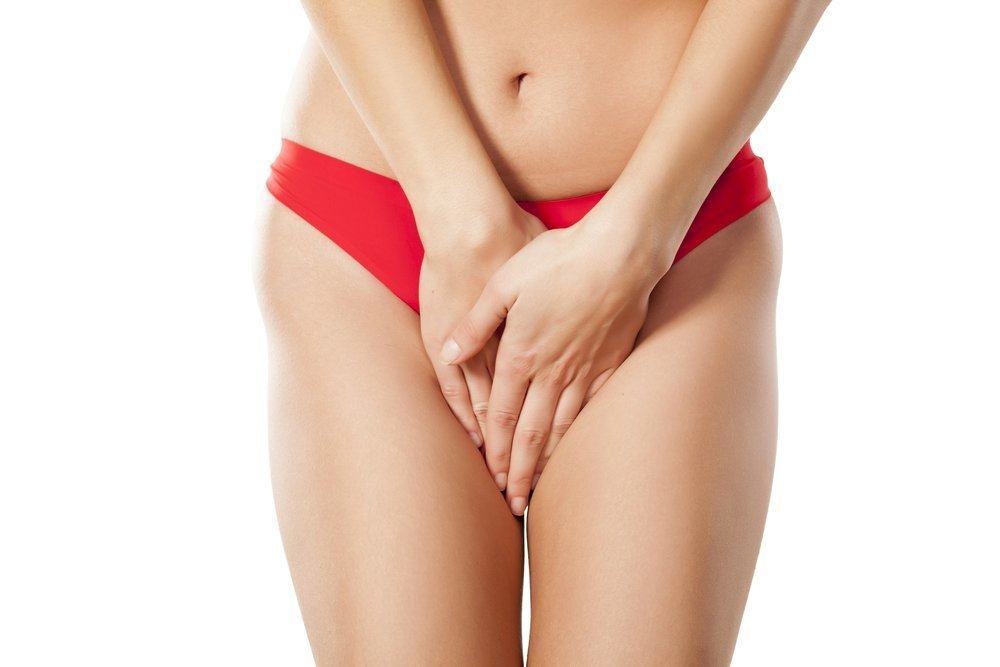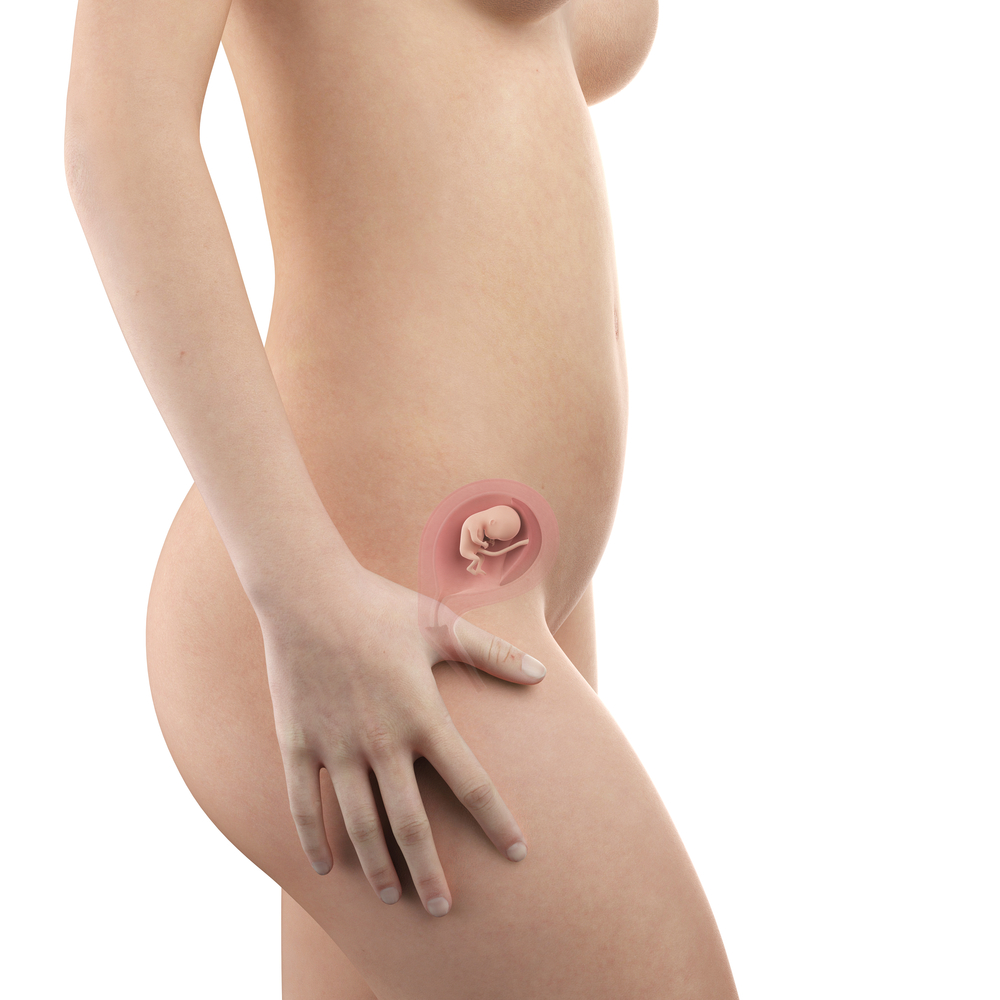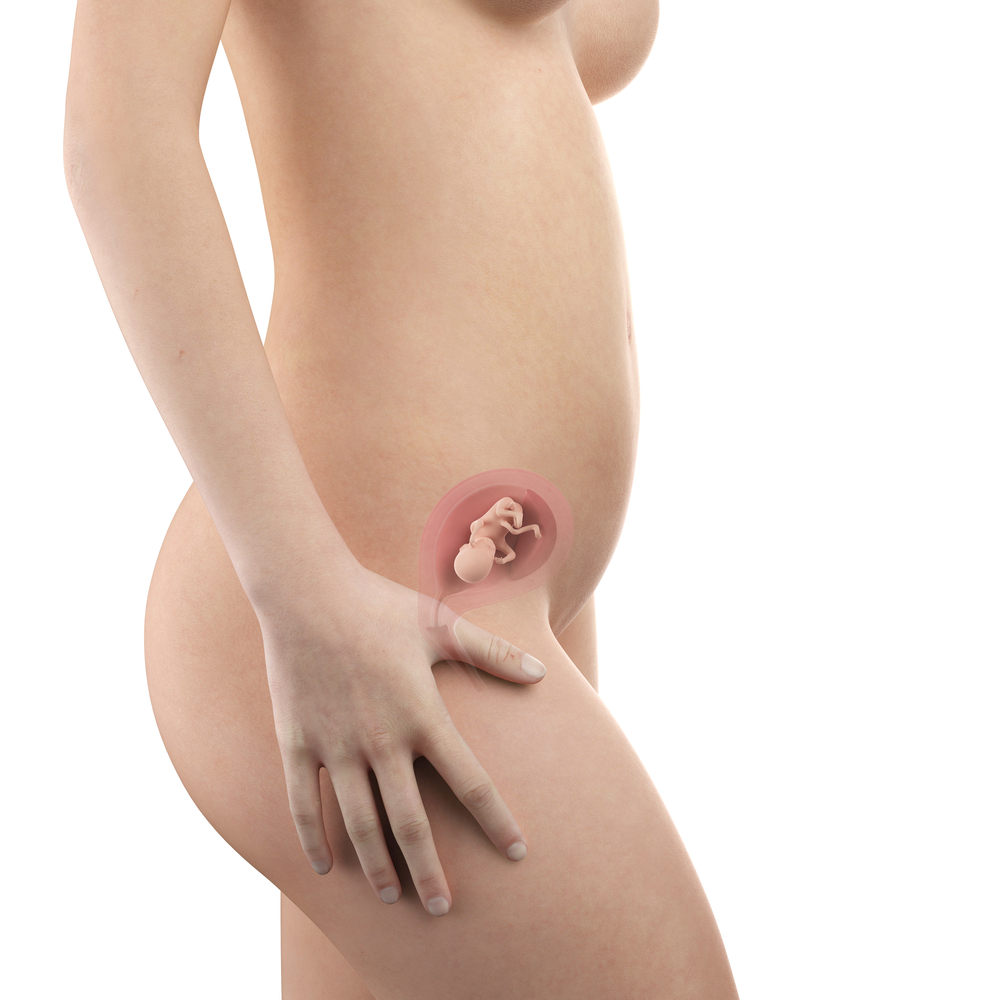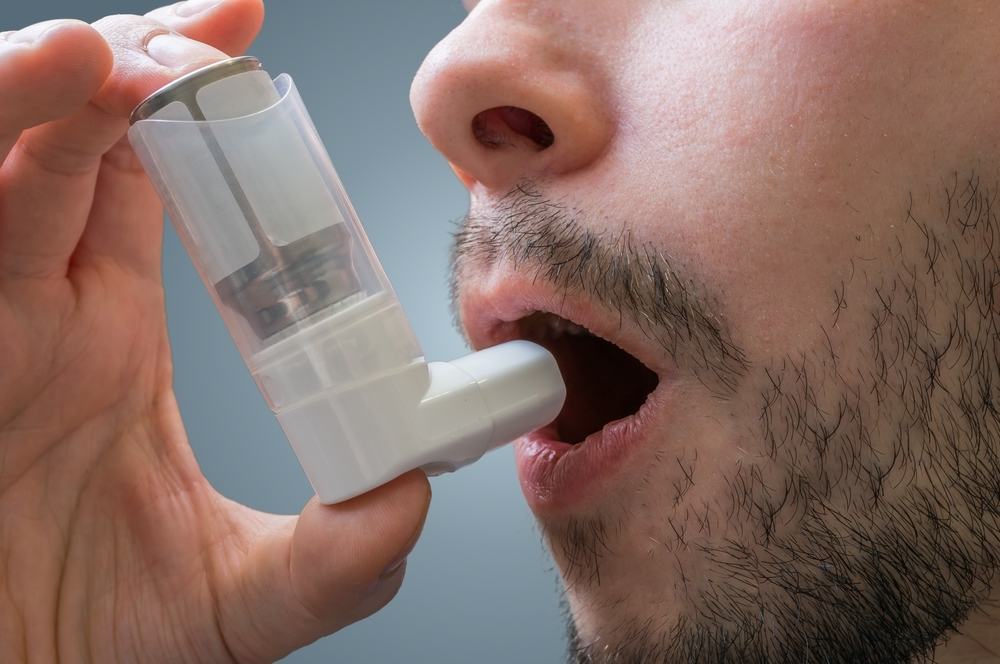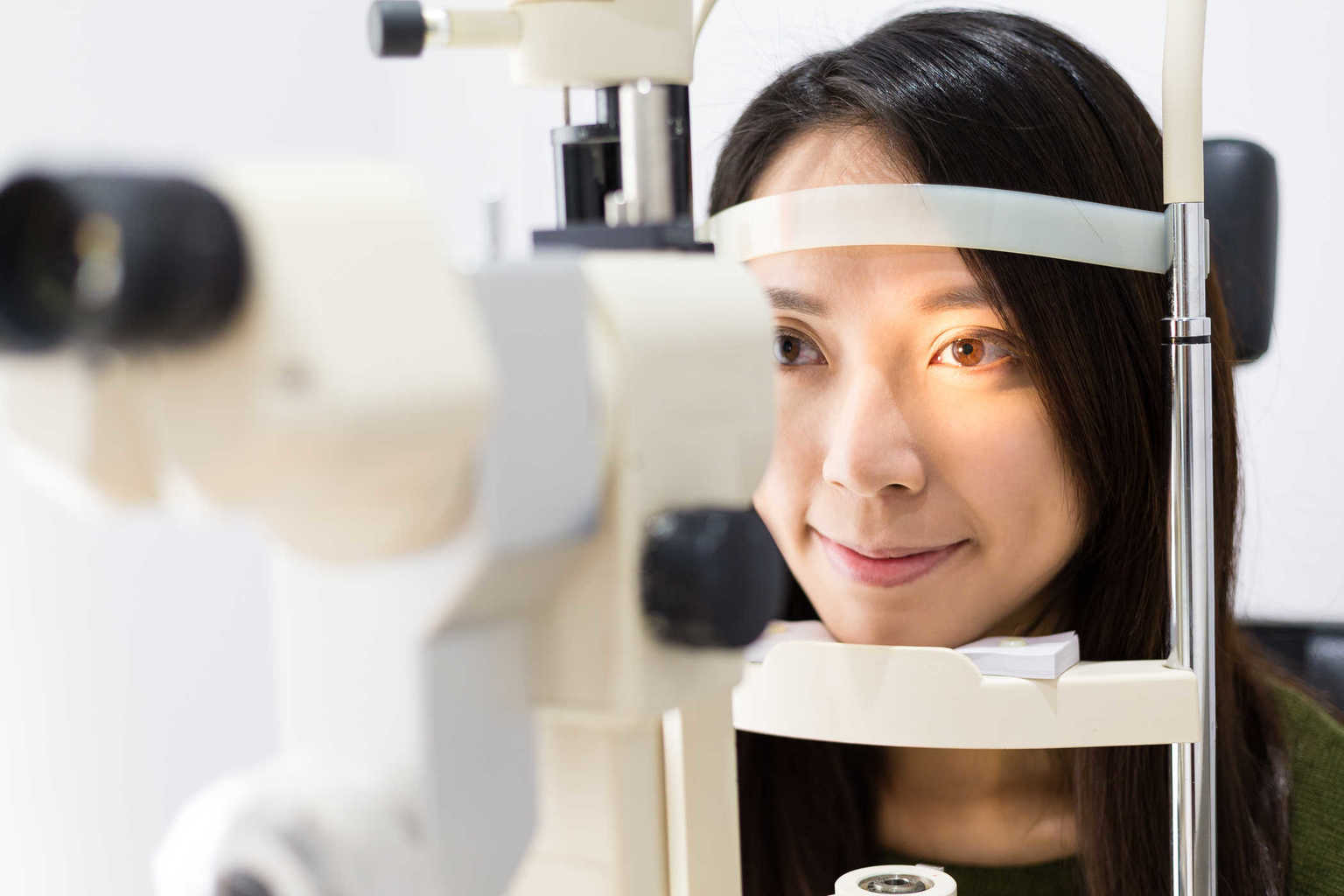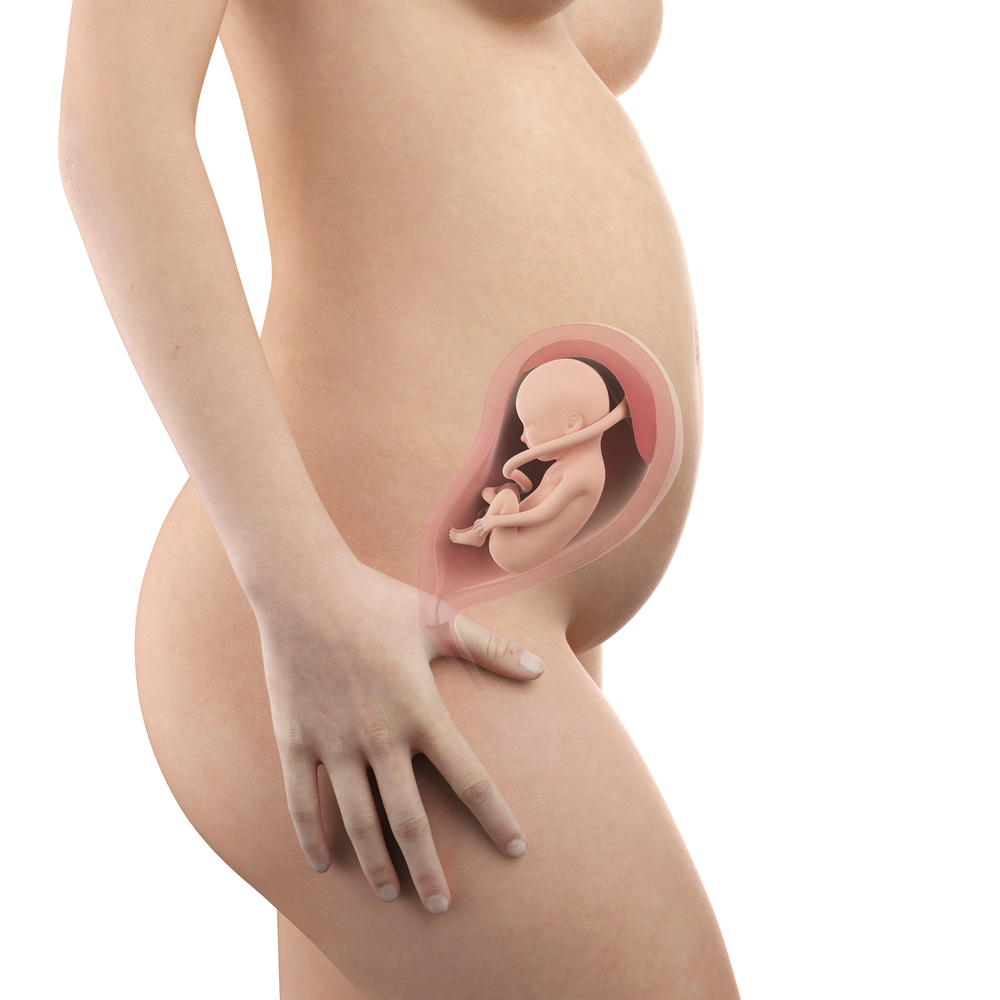Contents:
- Medical Video: 10 Natural Ways to Treat White Vaginal Discharge!
- 1. Maintain vaginal hygiene
- 2. Change underwear
- 3. Give space to the vagina
- 4. Use sanitary napkins or pantyliner
- 5. Having safe sex
- 6. Routine cervical examination
- 7. Eat healthy food
Medical Video: 10 Natural Ways to Treat White Vaginal Discharge!
As many as 75% of women in the world have experienced vaginal discharge at least once in their lives. And, 45% of these numbers experience vaginal discharge twice, even more. Women are more at risk of getting vaginal discharge if they are experiencing stress, lack of rest, do not have a healthy lifestyle, eat carelessly, and have sexual illnesses.
Leucorrhoea cannot always be interpreted as an infection or a health disorder in the vagina. The vagina is indeed 'designed' to be able to maintain its own cleanliness by removing vaginal discharge. There is a normal vaginal discharge and there is vaginal discharge which is a disease or abnormal symptom. To determine whether you are abnormal or not, you need to check with a medical professional. Here are ways to avoid abnormal vaginal discharge.
1. Maintain vaginal hygiene
Maintaining vaginal hygiene is the most important thing to prevent various bacterial infections. Leave your habit of cleaning the vagina with ordinary bath soap. Cleansing the vagina with bath soap will disrupt the pH balance and cause vaginal irritation. Normally, the pH in the vagina is around 3.8 to 4.5, while ordinary bath soap tends to have a pH of around 7 to 8. Every woman has a different sensitive level in her vagina, there are women who don't have problems when using ordinary bath soap to clean vagina, but there are those who experience irritation and allergies when using ordinary soap. But you better prevent irritation by not using ordinary soap when cleaning the vagina.
Use soap that has no smell or smell to clean the area around the vagina. It is normal for the vagina to have an odor, because the odor in the vagina can change according to the reproductive cycle that occurs, so that not only can an infection occur when the vagina smells. Then, when you are menstruating, clean your vagina more often and replace the pads as often as possible, this will maintain vaginal hygiene. In addition, it is better if you wipe the vagina with a clean tissue, then wipe it from the front to the back of the vagina to the anus. This is to prevent bacteria around the anus from migrating to the vagina.
2. Change underwear
Changing your underwear at least 2 to 3 times a day can help maintain vaginal hygiene. In this way, avoiding 'live' bacteria in the vagina and also can reduce unpleasant odor in your vagina. Also, make sure you choose the right material for the underwear you are going to wear. The use of the wrong underwear can be one of the risk factors for vaginal infections with bacteria. Choose underwear that is made from cotton, this makes it easier for your vagina to 'breathe'. Reduce the use of tight pants such as jeans that can make the vagina easily irritated.
3. Give space to the vagina
The vagina also needs room to breathe, if you are relaxing at home, try occasionally not to wear underwear. Air helps reduce the risk of infection and irritation in the area around the vagina.
4. Use sanitary napkins or pantyliner
You can use pantyliners or thin pads to keep your vagina clean, but don't forget to change the pads frequently and not use one sanitary napkin for a long time.
5. Having safe sex
Many sexual diseases are caused by bacteria that are infected during sexual intercourse, such as chlamydia, gonorrhea, genital herpes, syphilis, and HIV. If necessary, ask your partner to use a condom when having sexual intercourse to avoid bacterial infections.
6. Routine cervical examination
Women aged 25-64 years are recommended to do a routine cervical examination. This examination aims to detect whether there are abnormal changes in the cervix and if present can be detected from the beginning. It can also detect cervical cancer in women,
7. Eat healthy food
Food is very influential on health, including vaginal health. Eating healthy foods and adequate fluids can maintain your reproductive health. For example, cranberry juice or yogurt can prevent bacteria from growing in the vagina.
READ ALSO:
- How to distinguish normal and abnormal vaginal discharge
- Vaginal Itching Causes During Pregnancy (and How to Overcome It)
- Natural Treatment for Overcoming Itchy Vagina

